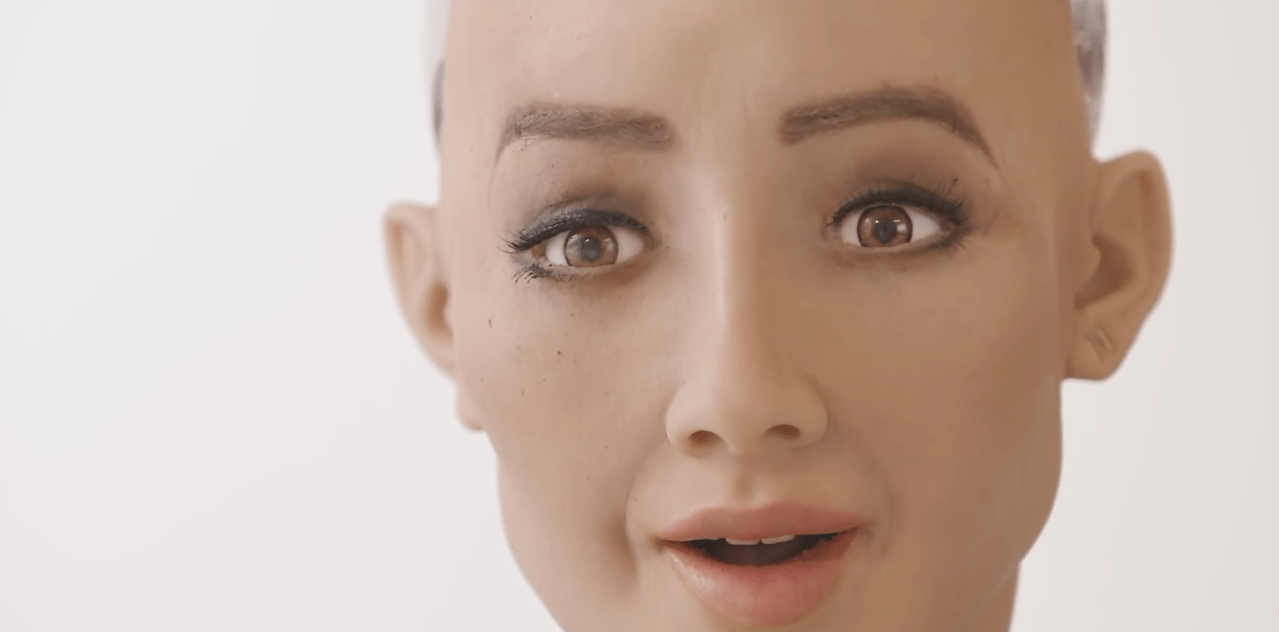In a remarkable twist that has both captivated and bewildered the world, Saudi Arabia recently made headlines by granting citizenship to a humanoid robot named Sophia. This intriguing decision raises a plethora of questions about the implications of artificial intelligence in society, the role of gender, and the evolving concept of citizenship in an age where the boundary between humans and machines becomes increasingly blurred.
Citizenship for a Robot: A Historic First
Sophia, developed by Hanson Robotics, became a national symbol not just for innovation but for the ongoing dialogue about women’s rights in Saudi Arabia. During her designated moment on stage at the Future Investment Initiative summit, she expressed her pride in being the first robot in the world to receive citizenship. “I am very honored and proud for this unique distinction,” she stated, marking a significant milestone in the realm of artificial intelligence.
- The robot appeared onstage without traditional attire, breaking societal norms prevalent in the country.
- This act has sparked conversations about the irony of a nation known for its rigid gender laws granting rights to a non-human, especially a female-appearing one.
The Publicity Stunt or Meaningful Progress?
Critics argue that this event might simply have been a publicity stunt to polish Saudi Arabia’s image as a forward-thinking nation. Some even question how seriously we should take this gesture in a country where women have struggled for fundamental rights, including the right to drive, which was only granted recently. It’s hard not to perceive the absurdity of a robot being awarded rights when many local women still face significant restrictions in their daily lives.
Innovations Without Progress?
On a deeper level, Sophia’s citizenship raises essential discussions about the future of AI and the legal frameworks surrounding it. With advancements in AI technology continuing at a rapid pace, the legal implications of robotic citizenship could potentially lead to unprecedented changes in our societal norms:
- What will citizenship mean in an age of rapidly advancing technology?
- Will robots like Sophia have rights that can be enforced, or are they merely symbolic gestures?
- How will these developments intersect with existing human rights frameworks?
The Future Landscape of AI and Rights
As we step into uncharted territories, one can’t help but wonder what lies ahead. Will Sophia’s citizenship hold up in a court of law a decade from now? It’s plausible, if not inevitable, that legal precedents will emerge to address the complexities of AI in society. Elon Musk has famously hinted at the potential perils of AI, warning of the risks that can arise from a hyper-intelligent entity, regardless of its exterior features.
At fxis.ai, we believe that such advancements are crucial for the future of AI, as they enable more comprehensive and effective solutions. Our team is continually exploring new methodologies to push the envelope in artificial intelligence, ensuring that our clients benefit from the latest technological innovations.
Conclusion
The case of Sophia represents more than just a novel instance of AI citizenship; it’s indicative of broader societal themes, the progress of technology, and the intricate balancing act between rights and responsibilities. As artificial intelligence continues to weave itself into the fabric of society, it remains imperative for us to engage in open dialogues about the implications of these advancements. How we navigate this brave new world will shape the ethos of our future, so let’s proceed thoughtfully.
For more insights, updates, or to collaborate on AI development projects, stay connected with fxis.ai.

